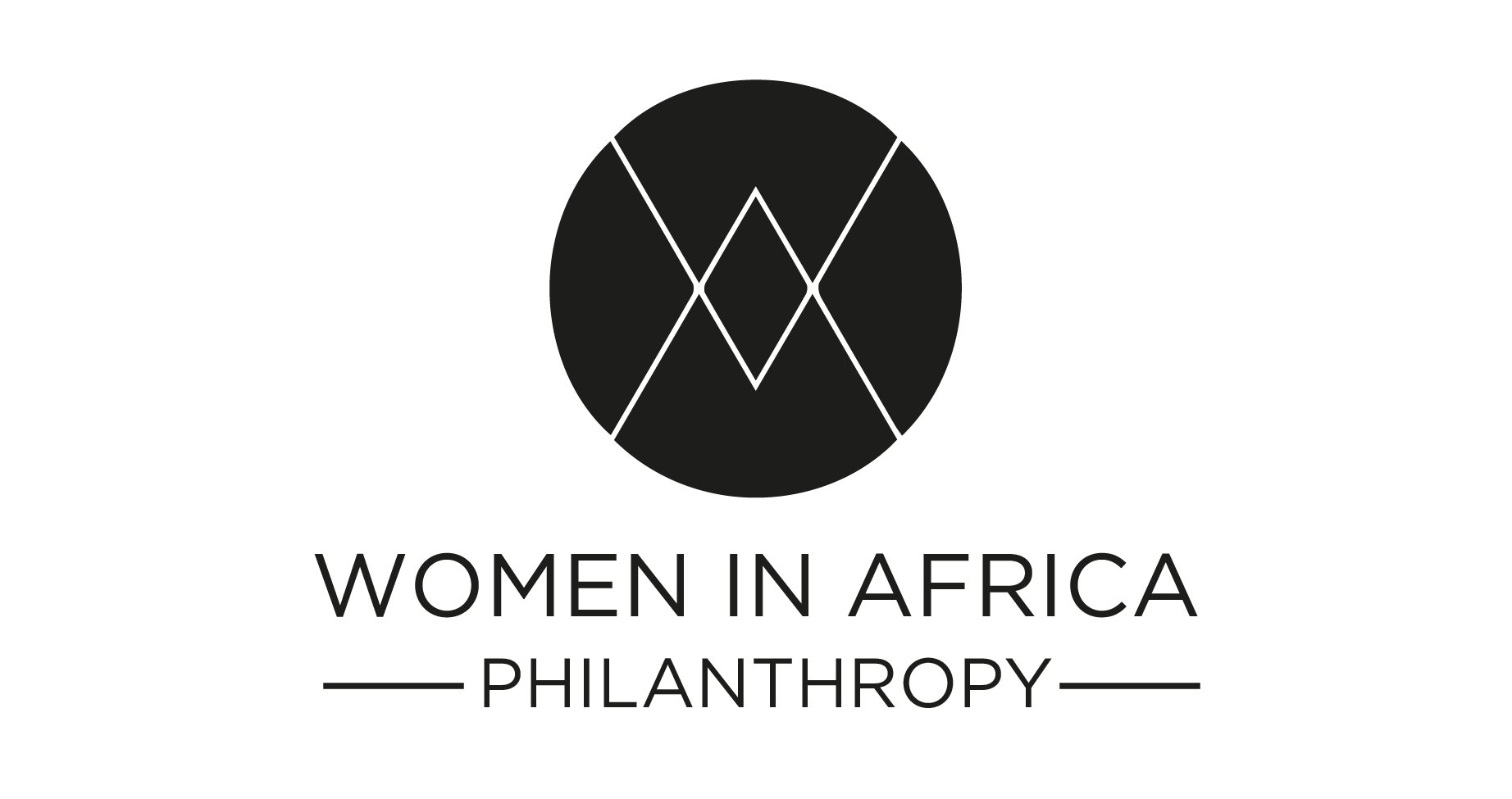Founded in 2012 in Kigali (Rwanda), K-Lab for «Knowledge Laboratory» («Laboratoire de la connaissance in French») is a free collaborative space tailored for budding entrepreneurs. Thanks to some initiatives, K-Lab encourages the presence of girls. As evidence, they now account for more than 30% of projects in incubation!
The simplest ideas are often the source of the greatest successes. «In 2012, we were still marked by the recent revolution in Tunisia. Unemployment statistics in our country were becoming alarming, especially among young people under 35 who make up 70% of our population. If we did nothing, these numbers would turn into a powder keg». The concern of Aphrodice Mutangana, co-founder of K-Lab, was legitimate. His country, Rwanda, has already experienced a tragedy twenty-five years ago; a genocide. «We had to do something. And quick!» He adds.
“The youth come with ideas; we help them turn them into reality”
The idea of K-Lab was born. Abbreviation of «Knowledge Laboratory» («Laboratoire de connaissance» in French), K-Lab is a free collaborative space tailored for young entrepreneurs. Between 2012, when it was founded and the end of 2016, more than 50, 000 budding entrepreneurs went visited K-Lab. Some of them now dominate the national, regional and international market. As for example (cite 2 or 3) «The K-Lab concept is simple: it is an open space accessible to all, free, and open 24 hours a day where young people come with their ideas. We help them turn them into reality, » says Aphrodice Mutangana, co-founder of K-Lab.
 Perched on one of the hills that make Kigali famous, K-Lab’s premises have become a must-see passage for visitors, including brand personalities such as Marc Zuckerberg, the founder of Facebook or Barack Obama. At the heart of the concept, mentoring. In addition to being a workplace, project leaders come to share, exchange, compare their ideas and benefit from the experience of others, starting with that of K-Lab’s mentors, seasoned professionals working for the largest national and international groups present in Rwanda.
Perched on one of the hills that make Kigali famous, K-Lab’s premises have become a must-see passage for visitors, including brand personalities such as Marc Zuckerberg, the founder of Facebook or Barack Obama. At the heart of the concept, mentoring. In addition to being a workplace, project leaders come to share, exchange, compare their ideas and benefit from the experience of others, starting with that of K-Lab’s mentors, seasoned professionals working for the largest national and international groups present in Rwanda.
Wifi, offices, meeting rooms, relaxation area with a football table, but also an inspiring decoration with quotes on the wall to motivate you in case of blues … K-Lab, it is all a favorable ecosystem conducive to creation and innovation. Other strong point: its, access is completely free, a principle dear to Aphrodice Mutangana. «When I was little, I was always the second of the class. In front of me, a boy, was always the first. He could not go to secondary school for lack of means. I did not forget it. Even if you only ask for 5,000 Rwandan francs, which amount to less than 5 dollars, there will always be someone who cannot pay though he has plans. If I help him, in two or three years, he can become someone.»
Innovate and develop economic models
The project has been made autonomous and viable thanks to innovation and, again and development of new economic models. «We have three sources of revenue. The first is to focus on partnerships with companies as part of their CSR (social and environmental responsibility) policy. For example, one of our members wishes to develop a project in education, which is part of a CSR policy. We invite the partners to finance it in this context. The second source of revenue comes from developing solutions for organizations. For example, currently, we are designing applications to provide farmers with weather information at the request of FAO (Food and Agriculture Organization). Finally, we also receive donations even if we are now financially independent through partnerships and the development of solutions». The time has come for organization to fly on its own. “We are launching the fourth business plan. We will build K-Lab City, our own space. There will be a stadium, a hospital, hotels, …“
“Whereas between 2015-2016, we had only 12 % of girls, now we have more than 30 %”
By then, and because K-Lab is still at the heart of innovation, Aphrodice Mutangana has developed another concept, this time to get more girls interested. «We realized that we did not have enough of girl presence. To encourage their presence, we proposed that each group of entrepreneurs that proposed the integration of a girl within their company would be offered a work station. Result, while between 2015 and 2016, we had only 12% of girls, now we have more than 30%.» And to ensure that girls do not serve as a simple deposit, a rule has been imposed: the young woman should be a member of the board of directors of the nascent company and therefore not relegated to a role of assistance or manager. «It worked so well that some went to look for other girls. They realized that this mix enriched their group, added value to their project. » it also gave assurance to some girls who gradually developed their own entrepreneurial project. CQFD.

